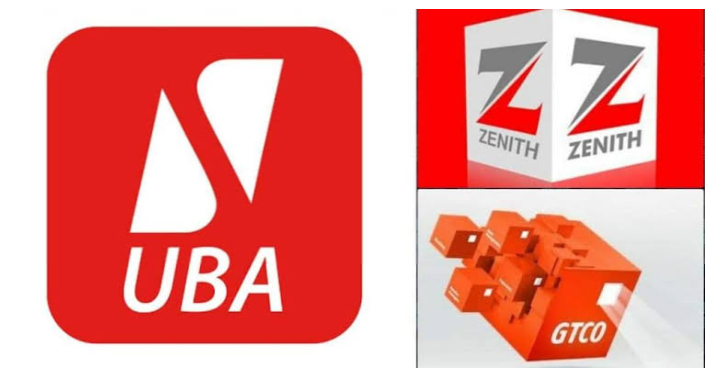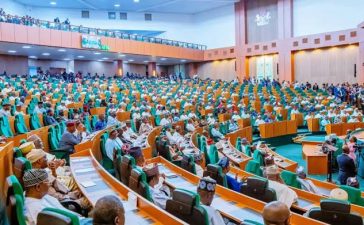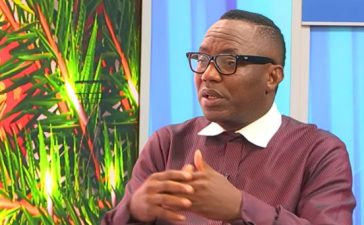n the 2024 financial year, six major Nigerian banks have paid approximately N205.59 billion as windfall tax following the country’s new levy on forex gains, as mandated by the Finance (Amendment) Act 2023.
Despite efforts by bank executives to lobby for a reduction in the tax, which targets profits made due to the devaluation of the naira, the full levy has been enforced.
The six banks that have reported paying the tax include Zenith Bank, United Bank for Africa (UBA), Fidelity Bank, Wema Bank, Stanbic IBTC Holdings, and Guaranty Trust Holding Company (GTCO).
The total windfall tax payment reflects compliance with the new tax law that targets the significant foreign exchange profits accrued by banks as a result of the naira’s devaluation in mid-2023.
Zenith Bank paid the highest windfall tax at N63.31 billion, followed by UBA, which paid N57.91 billion for both the 2023 and 2024 financial years.
UBA’s breakdown showed that N24.82 billion was for the 2023 financial year, while N33.09 billion was for 2024. GTCO paid N51.25 billion, while Stanbic IBTC and Fidelity Bank paid N17.18 billion and N13.33 billion, respectively.
According to Fidelity Bank’s report, N5.71 billion of the N13.33 billion payment relates to gains realized in the 2023 financial year. Wema Bank paid a smaller amount of N2.62 billion, which accounted for about three percent of its pre-tax profit of N102.52 billion.
The windfall tax, which imposes a 70% levy on foreign exchange profits made by banks from 2023 to 2025, was enacted to increase the federal government’s tax revenue and raise Nigeria’s tax-to-GDP ratio.
However, it has sparked controversy, with many bank executives lobbying the government to reduce the 70% rate, especially after its introduction in the Finance Act 2023.
Despite these lobbying efforts, the government has indicated that banks must pay the full tax, with a top government official revealing that the levy could bring in over N1 trillion from the banking sector. The banks are expected to pay an additional N600 billion in windfall taxes.
The tax has also raised concerns from international credit rating agencies such as Moody’s, which warned that the tax could negatively impact the capital adequacy of Nigerian banks, especially those whose capital is close to regulatory thresholds.
Moses Igbrude, the National Coordinator of the Independent Shareholders Association of Nigeria, criticized the government’s decision to tax banks based on the currency revaluation gains, arguing that it overlooks the sectors that suffered foreign exchange losses due to the naira’s devaluation.
He called for a more balanced approach to the tax, suggesting that the government should compensate businesses that experienced FX losses.







